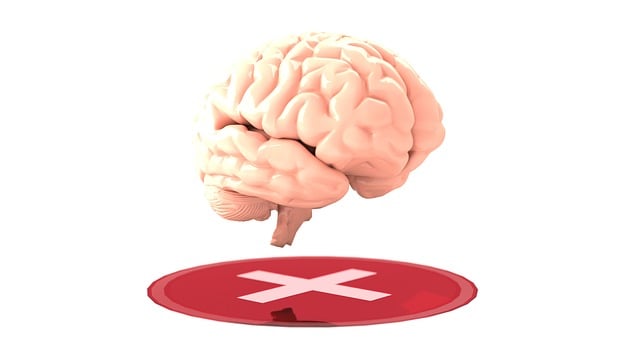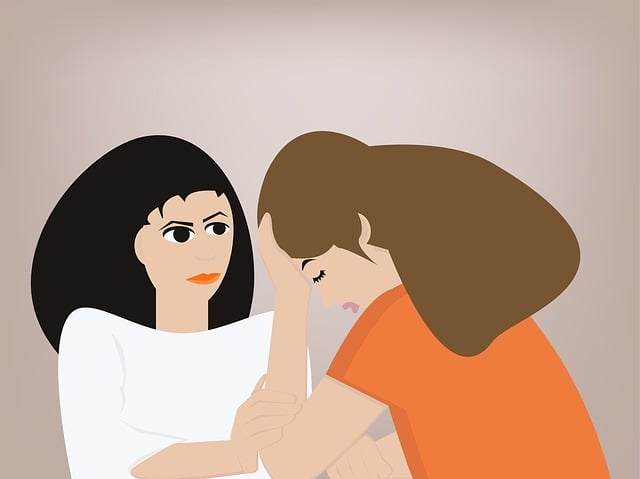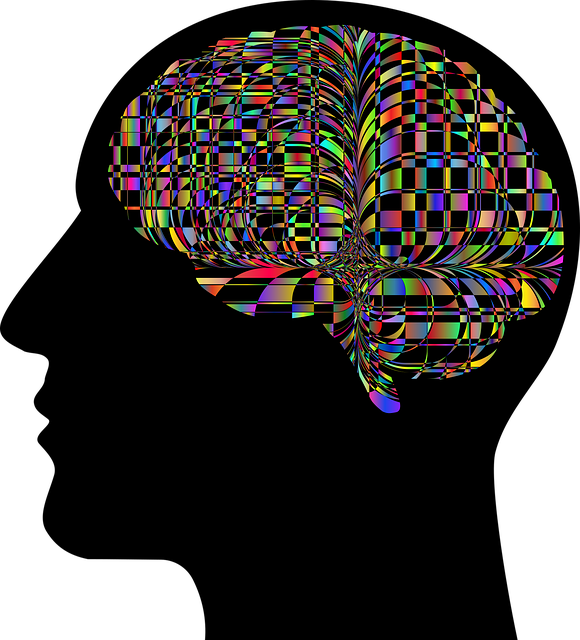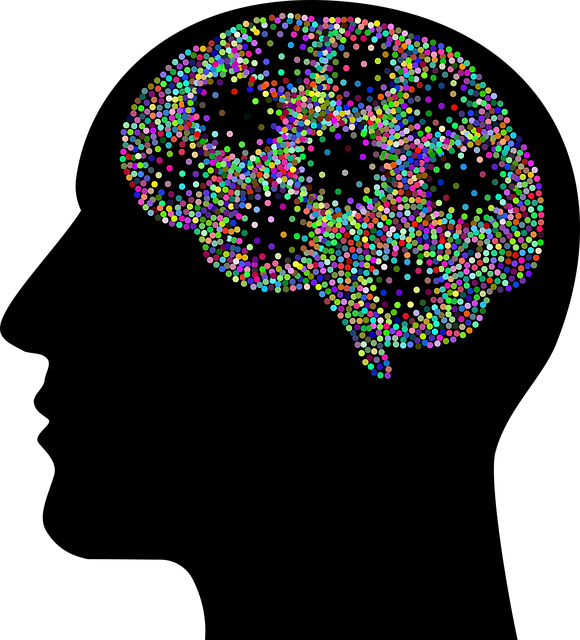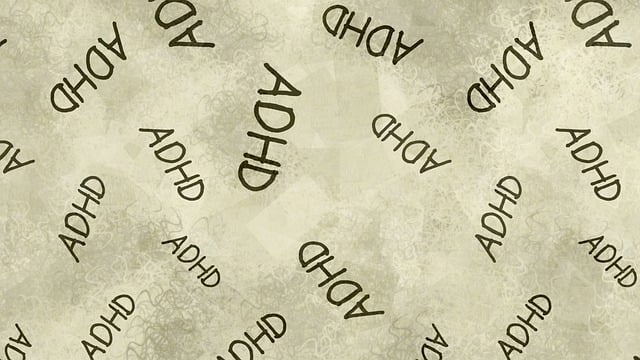Cultural competency is vital in healthcare for providing equitable access to quality care, especially among marginalized communities. The integration of Parker Gender Identity Therapy (PGIT) into training has revolutionized this field, improving sensitivity towards diverse gender identities and enhancing self-awareness among medical professionals. PGIT equips providers with tools to challenge implicit biases, improve patient-caregiver relationships, and tailor treatment plans to individual needs. Effective communication, language skills, and cultural sensitivity training are crucial for navigating diverse cultural beliefs and values, aligning with Mental Health Policy goals. Practical applications, like case studies from PGIT, offer valuable insights for delivering personalized care and improving patient outcomes.
“In today’s diverse healthcare landscape, cultural competency among providers is no longer an option but a necessity. This comprehensive guide explores the evolving role of cultural sensitivity training, with a focus on the impact of Parker Gender Identity Therapy (PGIT). We delve into strategies for identifying and overcoming biases, enhancing communication with culturally diverse patients, and present real-world case studies demonstrating successful cultural competency implementation. By embracing these practices, healthcare providers can offer more inclusive and effective care.”
- Understanding Cultural Competency in Healthcare: A Necessity in Modern Practice
- The Impact of Parker Gender Identity Therapy on Cultural Sensitivity Training
- Identifying Biases and Unconscious Stereotypes: A Critical Step for Providers
- Effective Communication Strategies for Culturally Diverse Patients
- Case Studies: Real-World Examples of Successful Cultural Competency Implementation
Understanding Cultural Competency in Healthcare: A Necessity in Modern Practice

In today’s diverse healthcare landscape, cultural competency is no longer a nice-to-have but a necessity. It involves understanding and appreciating the cultural beliefs, values, and practices that shape individuals’ health experiences and behaviors, especially among marginalized communities. This concept is crucial in ensuring equitable access to quality care for everyone, regardless of their racial, ethnic, religious, or gender identity background. For instance, Parker Gender Identity Therapy highlights the importance of tailored mental health services, addressing the unique challenges faced by transgender and non-binary individuals.
Cultural competency training equips healthcare providers with the skills to navigate these complexities, fostering a more inclusive environment. It enables professionals to deliver sensitive care, challenge implicit biases, and reduce barriers to treatment, such as the Mental Illness Stigma Reduction Efforts have shown can be prevalent in various communities. Moreover, well-designed Mental Health Education Programs can incorporate cultural competency principles, empowering healthcare workers to initiate conversations about mental health with diverse patient populations and offer effective Depression Prevention strategies tailored to their specific needs.
The Impact of Parker Gender Identity Therapy on Cultural Sensitivity Training

The integration of Parker Gender Identity Therapy into Healthcare Provider Cultural Competency Training has significantly enhanced the sensitivity and understanding of medical professionals towards diverse gender identities. This therapeutic approach, developed to address the unique challenges faced by individuals with transgender or non-binary identities, has proven to be a game-changer in fostering cultural sensitivity. By delving into the complexities of gender identity, healthcare providers gain invaluable insights, enabling them to offer more inclusive and empathetic care.
This training goes beyond surface-level awareness; it encourages practitioners to embrace mindfulness meditation as a tool for personal reflection and anxiety relief. Through this practice, healthcare workers can develop a deeper sense of self-awareness, allowing them to navigate the sensitive conversations surrounding gender identity with greater ease. As a result, patients experience improved patient-provider relationships, leading to more accurate diagnoses and effective treatment plans tailored to their unique needs.
Identifying Biases and Unconscious Stereotypes: A Critical Step for Providers

Identifying biases and unconscious stereotypes is a critical step for healthcare providers in enhancing their cultural competency. These hidden prejudices can significantly impact patient care, particularly when dealing with diverse populations. For instance, a provider’s assumptions about gender identity, shaped by personal experiences and societal norms, might hinder effective treatment as illustrated by Parker Gender Identity Therapy. Recognizing these biases is the first step towards addressing them.
Unconscious stereotypes, often influenced by cultural, racial, or ethnic backgrounds, can lead to misdiagnoses or inadequate treatment plans. By acknowledging these potential pitfalls, healthcare professionals can begin to navigate complex interactions more sensitively. This self-awareness fosters an environment conducive to learning and adaptation, allowing providers to incorporate Mental Health Policy Analysis and Advocacy into their practices, advocate for Stress Reduction Methods, and contribute to Mental Illness Stigma Reduction Efforts.
Effective Communication Strategies for Culturally Diverse Patients

Effective communication is a cornerstone of quality healthcare, especially when dealing with culturally diverse patients. Healthcare providers must adapt their strategies to bridge the gap between different linguistic and cultural backgrounds, ensuring every patient receives equal and empathetic care. One influential model that emphasizes this is Parker Gender Identity Therapy, which promotes understanding and respect for gender diversity, a crucial aspect in serving LGBTQ+ individuals.
In a multicultural society, healthcare professionals should be equipped with tools to navigate complex conversations. This includes learning basic language skills, such as common phrases in various languages, and utilizing interpreter services when necessary. Additionally, cultural sensitivity training can enhance providers’ awareness of unspoken cues and body language differences, fostering a safer and more welcoming environment. By integrating these approaches, healthcare systems can better support patients’ mental health needs, improve self-esteem, and provide crisis intervention guidance tailored to their unique circumstances, ultimately aligning with broader Mental Health Policy Analysis and Advocacy goals.
Case Studies: Real-World Examples of Successful Cultural Competency Implementation

Cultural competency training is best learned through real-world examples and case studies. One prominent example is Parker Gender Identity Therapy, which has successfully implemented programs that address the unique needs of transgender individuals. By examining these cases, healthcare providers can gain insights into effective strategies for navigating cultural differences, fostering understanding, and delivering personalized care.
These real-world scenarios highlight the importance of resilience building and stress management techniques in a diverse healthcare setting. Through case studies, professionals learn how to alleviate anxiety relief for patients from various backgrounds, ensuring that everyone receives respectful and competent care. This approach not only enhances patient outcomes but also contributes to a more inclusive healthcare environment.
Cultural competency training is no longer a nice-to-have, but an indispensable aspect of modern healthcare. As our patient populations become increasingly diverse, healthcare providers must be equipped with the skills to navigate complex cultural landscapes and deliver sensitive, effective care. The strategies outlined in this article, including the application of Parker Gender Identity Therapy and the identification of unconscious biases, offer a roadmap for providers to enhance their cultural sensitivity. By embracing these approaches and learning from real-world case studies, healthcare professionals can improve patient outcomes, foster trust, and create more inclusive healthcare environments.
